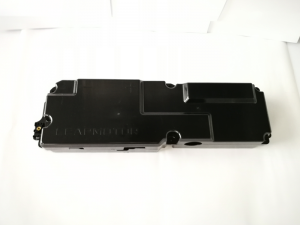One of the primary advantages of medical injection molding is its ability to produce high volumes of parts with exceptional accuracy and repeatability. This makes it an ideal choice for mass production, where consistency is crucial. Additionally, the process is highly efficient, with minimal material waste and the capability to produce parts with complex designs in a single step.
Another key benefit is the versatility of materials that can be used in medical injection moulding. Depending on the application, different thermoplastics can be selected to provide properties such as flexibility, strength, or resistance to chemicals and sterilization processes. This flexibility allows manufacturers to tailor the properties of the finished product to meet specific medical needs.
Medical mold manufacturing is used to manufacture a vast array of products in the healthcare sector. These include components for syringes, IV connectors, catheters, and even intricate parts for diagnostic devices and laboratory equipment. The precision of this process allows for the creation of complex geometries and tight tolerances, which are essential in medical applications where even the smallest deviation can affect the performance and safety of a device.
Moreover, medical injection molding is often employed in the production of implantable devices, such as heart valves and orthopedic implants. The materials used in these applications must be biocompatible and able to withstand the rigors of sterilization. Medical injection molding ensures that these critical components meet the necessary regulatory standards and are safe for patient use.












 +1 270-282-2096
+1 270-282-2096
